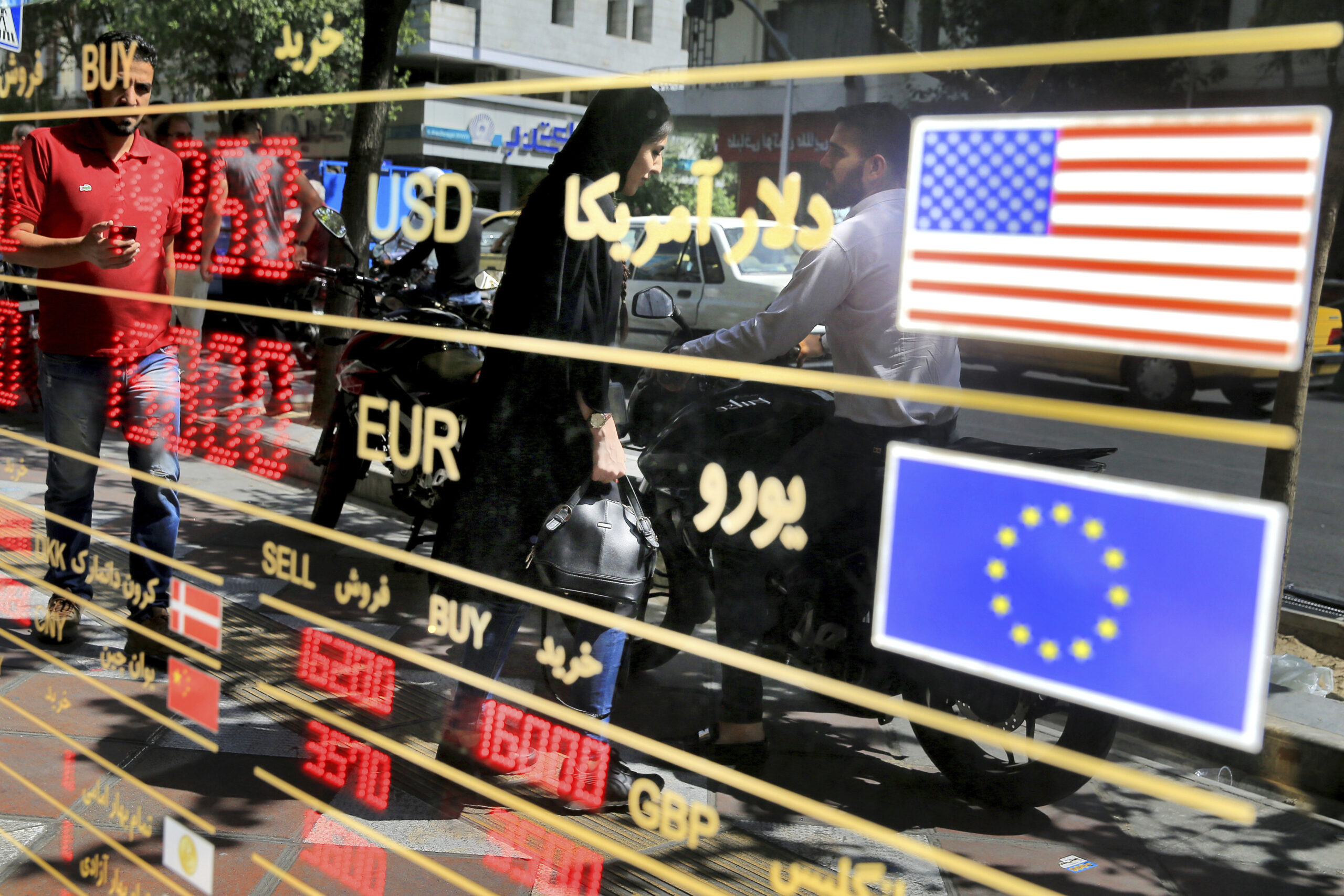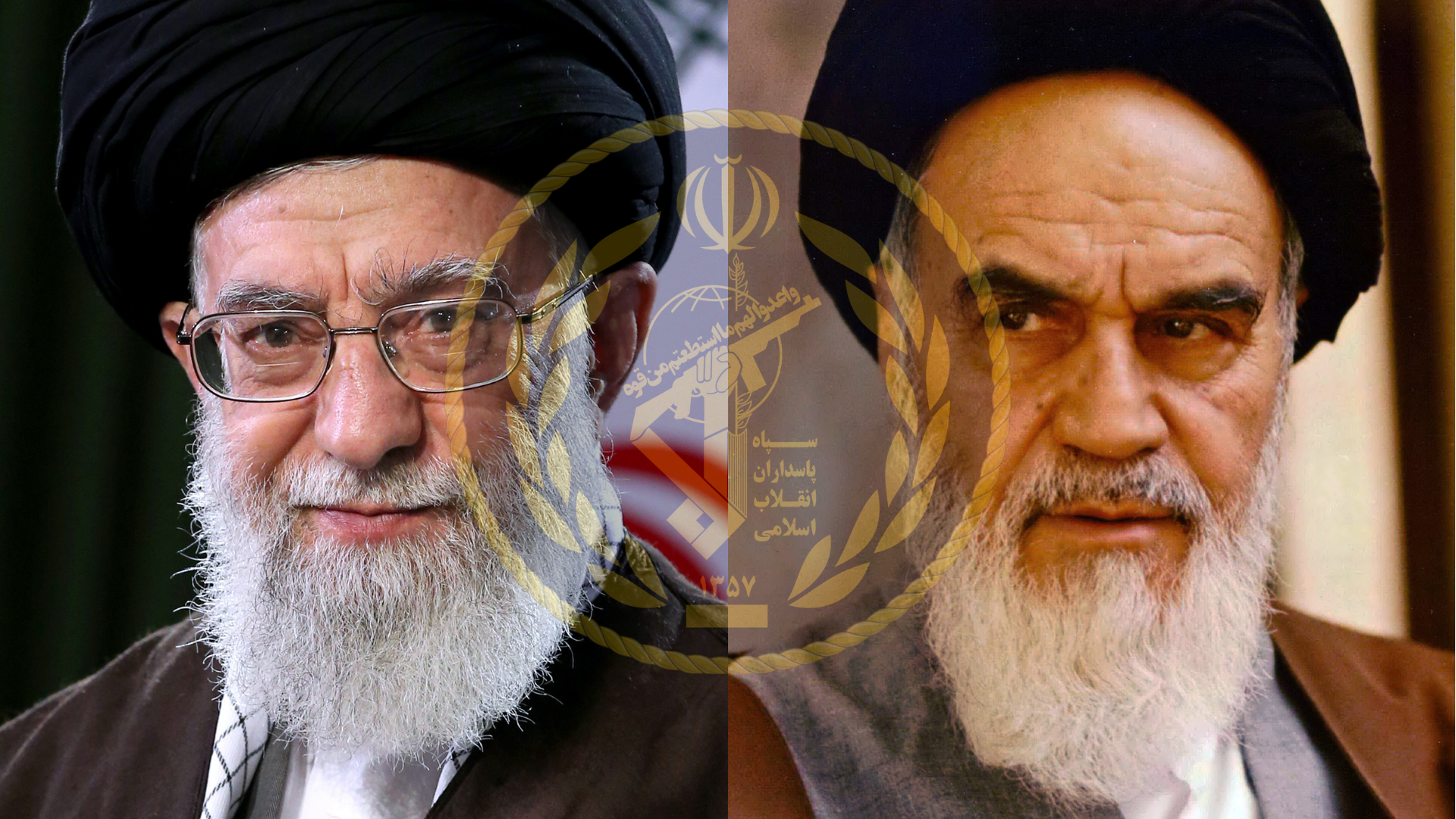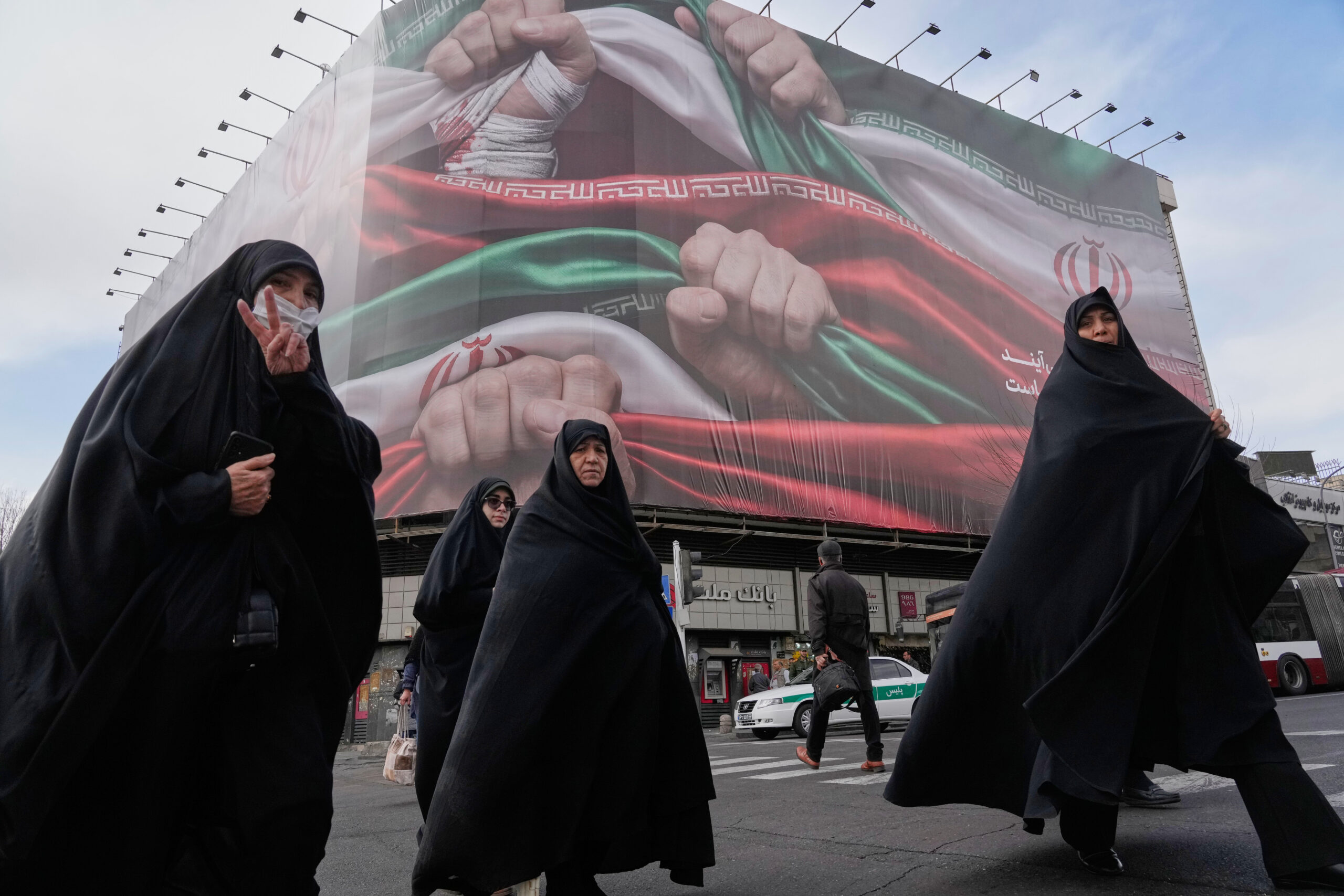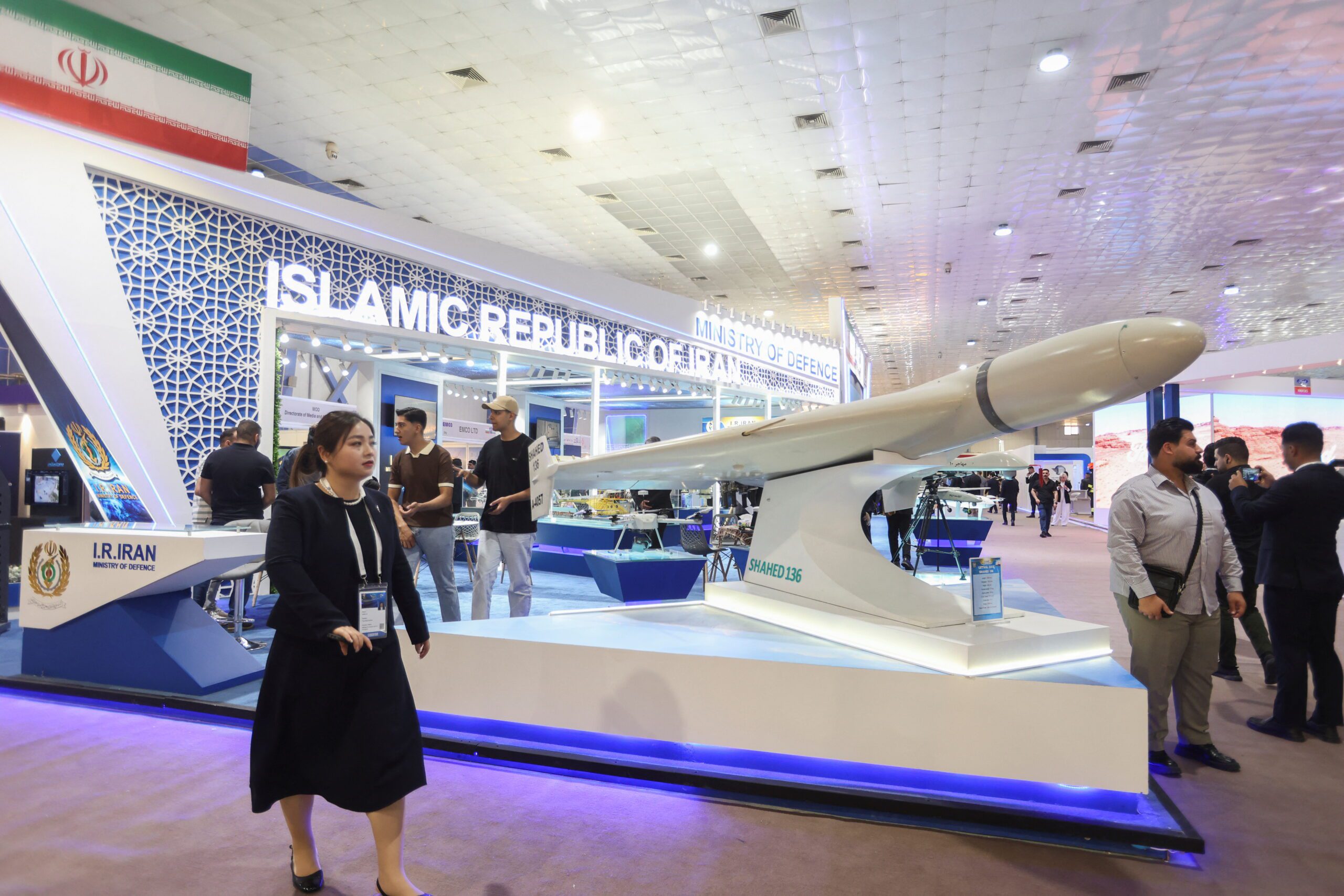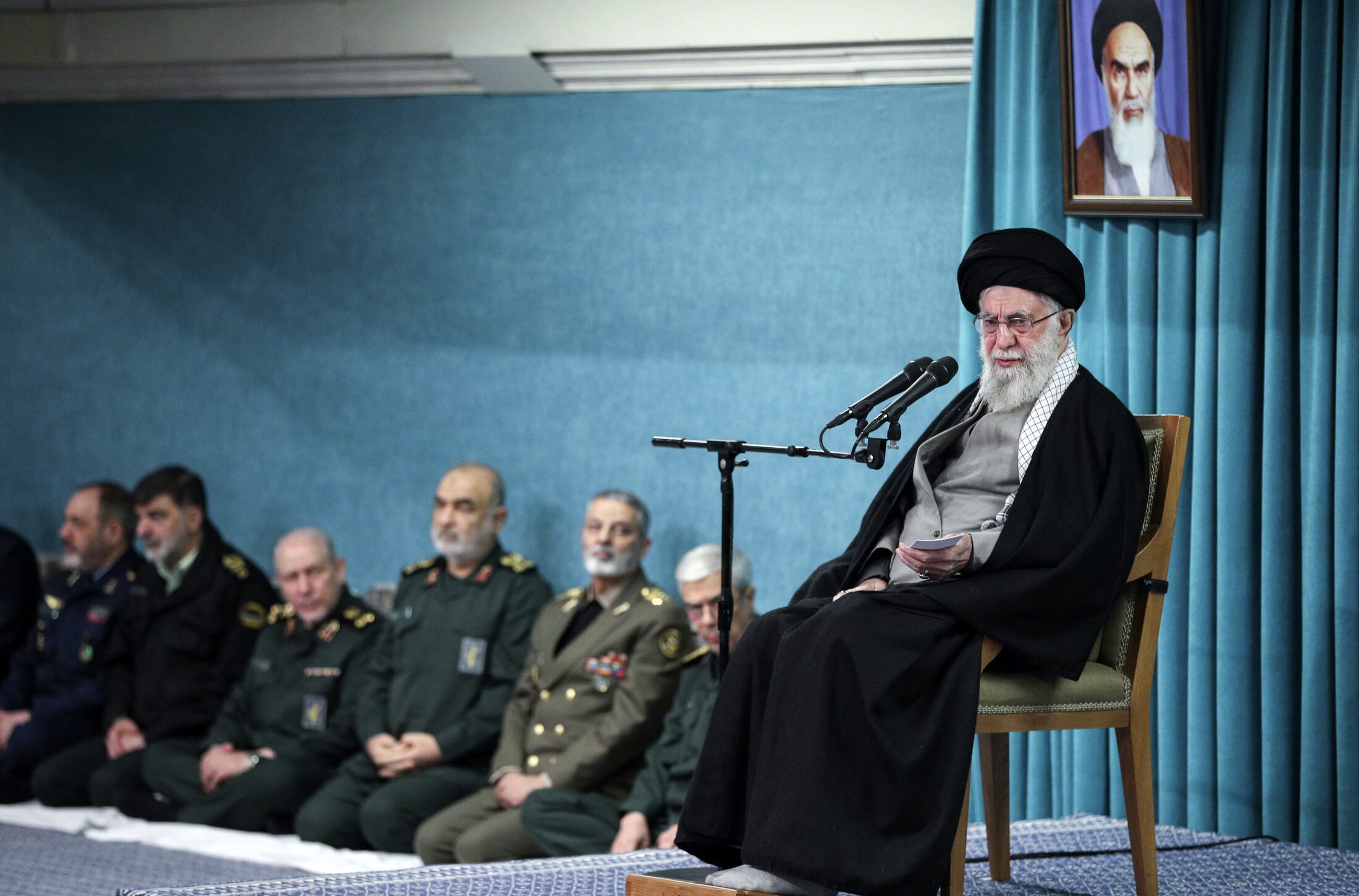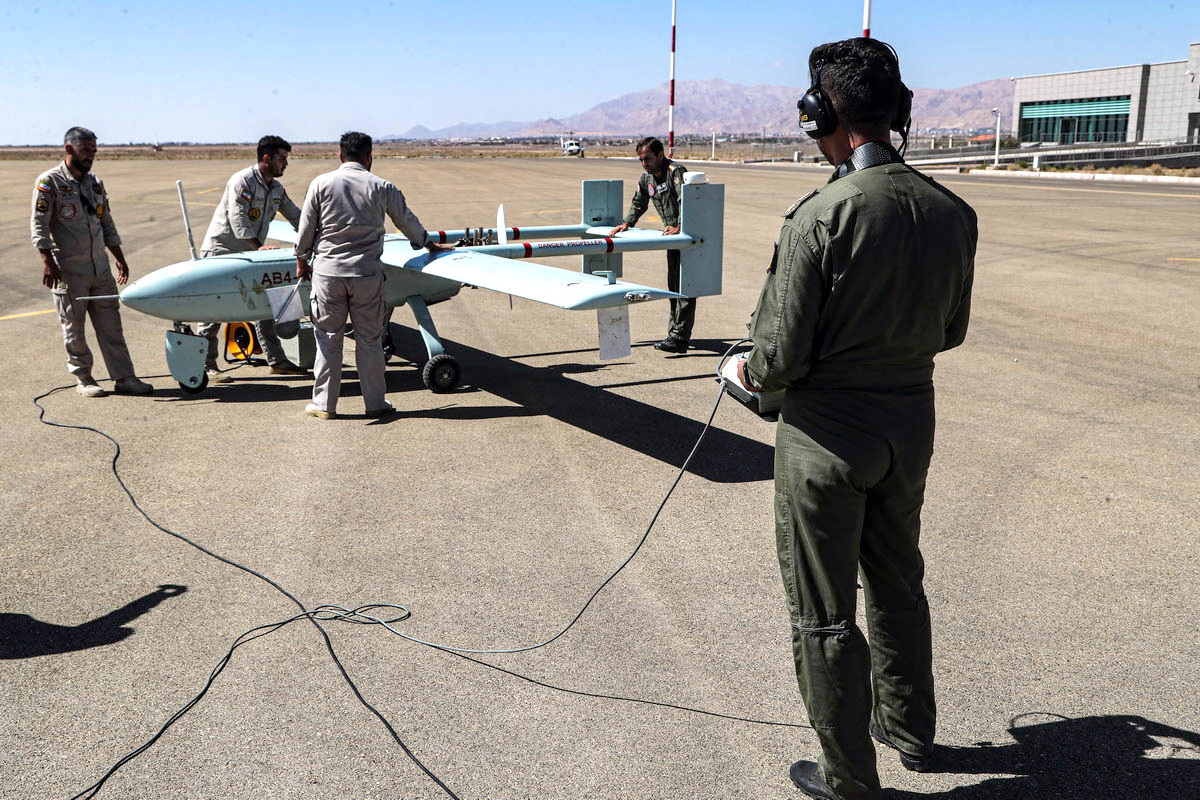Iran’s Revolutionary Guards: Four Decades of Expanded Business and Military Influence
This paper explores how the IRGC has advanced its position in Iran and how it will be affected if the current economic pressure on Iran is sustained.
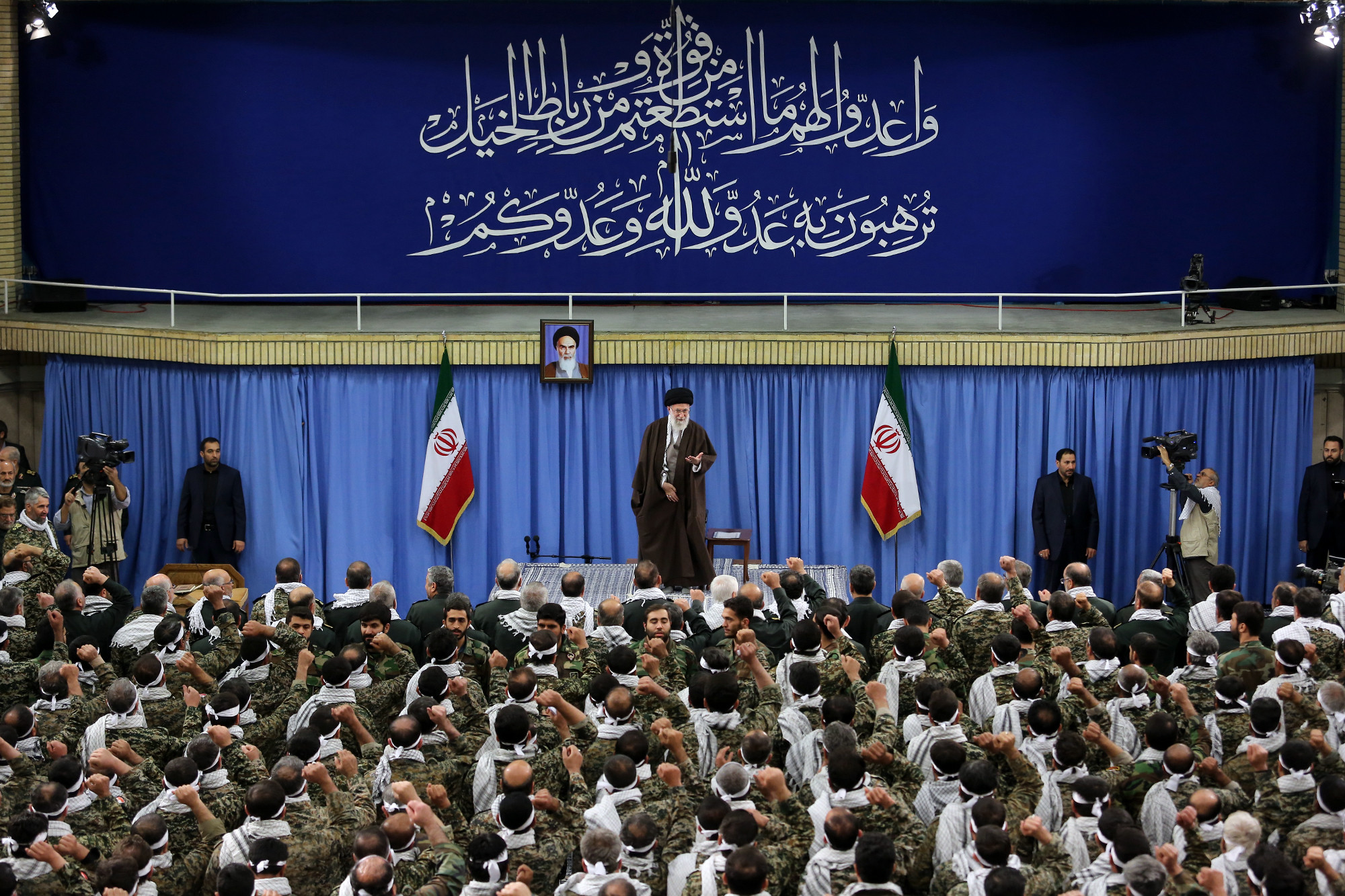
Executive Summary
The Islamic Revolutionary Guard Corps was created in 1979, and it has grown to be the most powerful segment of the ruling establishment. The role of the organization in Iran’s political, security, and economic structures has been debated extensively for decades. The IRGC has expanded its activities inside and outside of Iran through a set of costly strategies that are made autonomously from those of the rest of the Islamic Republic. And the senior leadership of the organization functions completely independently from the rest of the government. This independence has been achieved by expanding economic activities and maintaining strong links with the supreme leader to gain his constant support. This paper explores two main aspects of the rise of the IRGC: how the organization has advanced its position in Iran, and how it will be affected if the current economic pressure on Iran is sustained.
The views represented herein are the author's or speaker's own and do not necessarily reflect the views of AGSI, its staff, or its board of directors.

